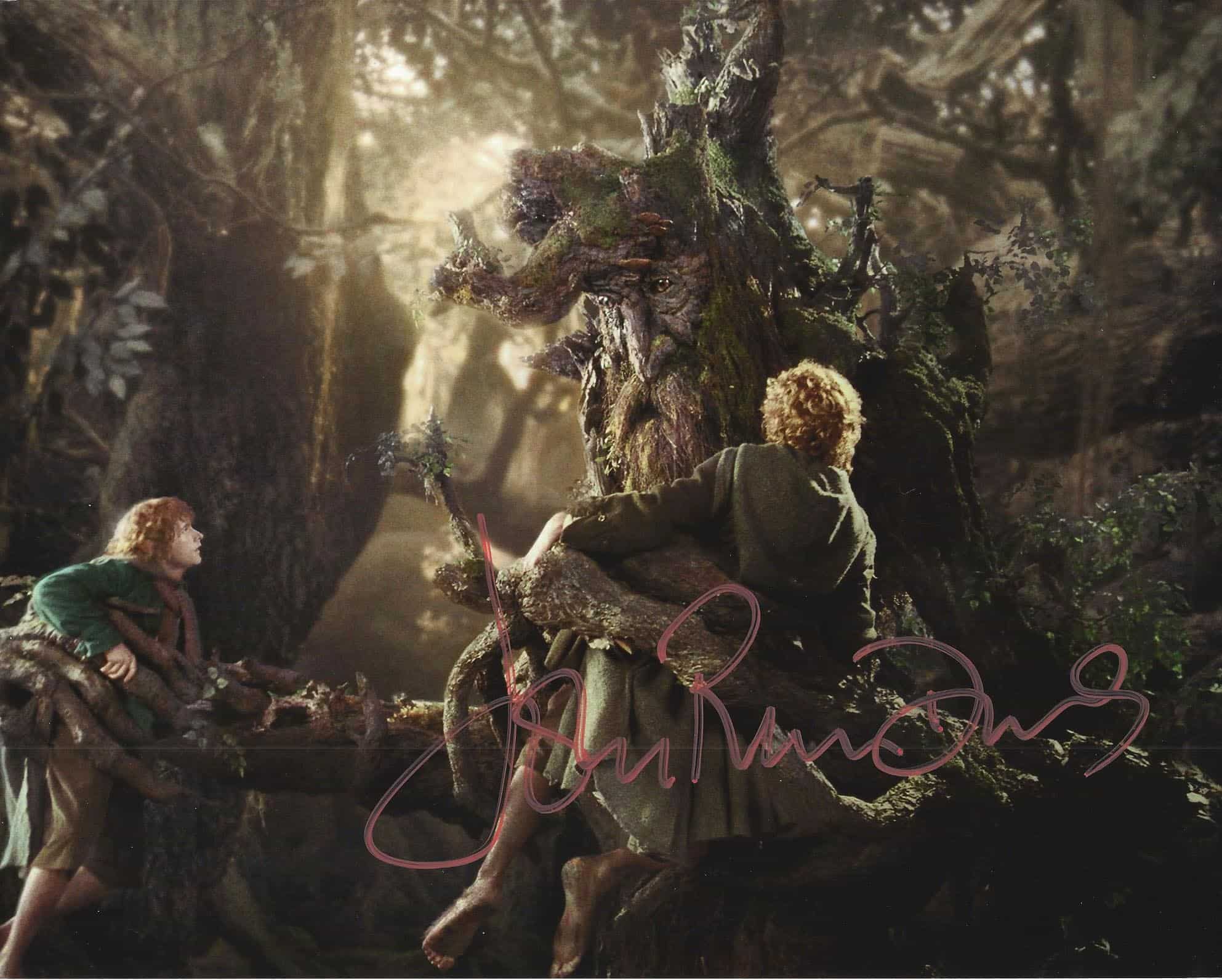Recovery, Escape, Consolation These three functions are presented by Tolkien in On Fairy Stories as being the noble and proper graces that Faerie and fairy-tale provides; the functions that both serve in their proper form. Fairy stories, Tolkien says, lend a metaphysical comfort and keen succour to the reader who willingly enters into their sub-created enchantment. This is, in a way, a theological function of Faerie – to provide the reader with some fleeting (though not untrue) measure of spiritual bliss. It is perhaps no surprise that the ideas of Recovery and Consolation have often been considered in light of…
Leave a CommentTag: Tolkien Letters
Hobbits, Riders and Ents: Considering Faerie Delight as a Mutual Enrichment
In my first post of this year’s September Series, I described Tolkien’s Shire as being a land of people in need of ‘faeriefication.’ The hobbits of the Shire are deliberately blinded to the delights of their Faerie world, and they themselves suffer a deficiency of otherworldly wonder and joy as a consequence of their small-mindedness. This may all seem like rather an unkind take, and though I do stand by it, it is also well worth considering that the Shire is only an unFaerie realm on one level – the level of the Shire itself. For, while the Shire and…
Leave a CommentA safe fairy-land is untrue to all worlds. J.R.R. Tolkien, Letter 17 to Stanley Unwin The concept of ‘Faerie’ in Tolkien’s writings and philosophy is as important as it is nebulous. It is a state of enchantment, of belief in some secondary reality as guided by a sub-creator – yet it is also that Secondary World itself, and the things that dwell therein. Yet if On Fairy Stories is to be believed, these Faerie tales of Faerie are themselves concerned chiefly with the adventures of men in Faerie – ie, these mortals are themselves less of Faerie than Faerie itself…
2 Comments

